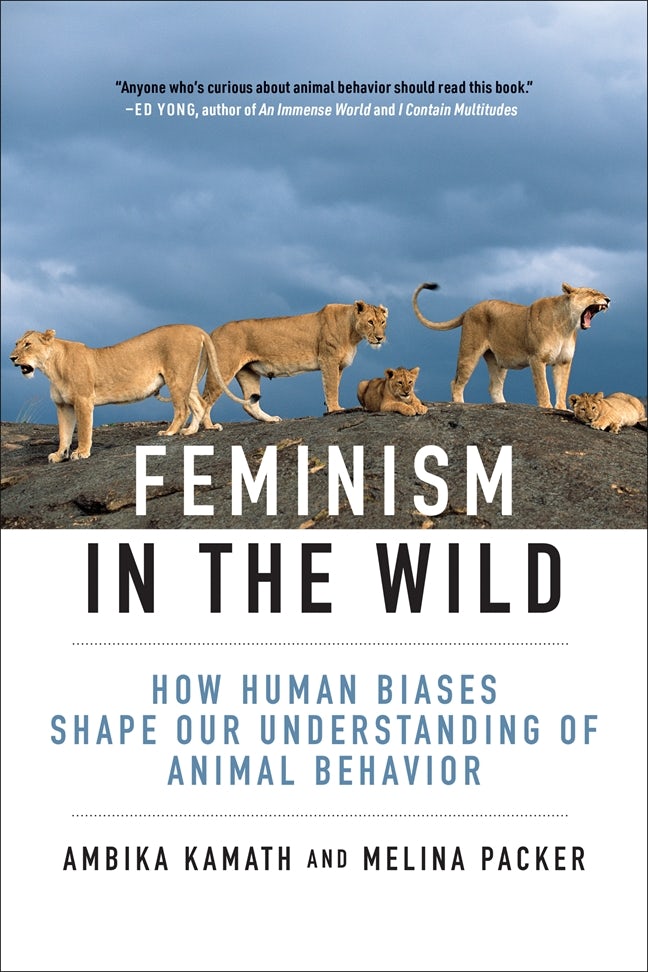The Department of Environmental Science, Policy, and Management congratulates two former members of our research community on their recent book publications. Both released this year, the texts use perspectives from the social and natural sciences to offer a feminist reexamination of the fields of animal behavior and toxicology.
Melina Packer, PhD ’20 Environmental Science, Policy, and Management, is an assistant professor of race, gender, and sexuality studies at the University of Wisconsin, La Crosse, and was formerly a graduate student in the research group led by Professor Michael Mascarenhas. Behavioral and evolutionary ecologist Ambika Kamath was a postdoctoral researcher in the lab of Professor Damian Elias from 2018 to 2022.

Courtesy of NYU Press.
Toxic Sexual Politics: Toxicology, Environmental Poisons, and Queer Feminist Futures
NYU Press
Melina Packer
The first critical understanding of the field of toxicology from a feminist and antiracist perspective, Toxic Sexual Politics asserts that toxicology must be accountable for the unequal distribution of pollution along racial and sexual lines. Based on in-depth interviews and extensive research, including observations in classrooms and laboratories, Packer shows how the founding fathers of toxicology in the United States were aligned with the chemical industry. Packer claims that these ties resulted in the field of Toxicology prioritizing making chemicals appear safe rather than protecting planetary health from toxic threats.
Packer urges environmental health advocates to consider toxicant science's masculinist, militarist, and eugenicist history. The book argues that toxicology can explicitly confront chemical corporate power by building from queer, feminist, anti-ableist, and antiracist movements for environmental and reproductive justice.

Courtesy of MIT Press.
Feminism in the Wild: How Human Biases Shape Our Understanding of Animal Behavior
MIT Press
Ambika Kamath and Melina Packer
In Feminism in the Wild, Kamath and Packer explore how sexism, homophobia, racism, capitalism, ableism, and other elements of dominant culture have constrained the field of animal behavior. The authors write that scientists have historically projected human norms onto animals, which leads to naturalizing these norms in humans. They also point out that because scientists often come from elite backgrounds, the values in animal behavior studies reflect the viewpoints of a dominant culture.
Drawing on decades of feminist, antiracist, queer, disability justice, and Marxist contributions, Kamath and Packer reexamine prevalent assumptions in animal behavior science and suggest alternative approaches. Core concepts in animal behavior science and evolutionary biology—from sex categories and sexual selection to fitness, adaptation, biological determinism, and more—are carefully contextualized and critically reexamined. The book offers insights for those interested in animal behavior and in dismantling oppressive systems.
